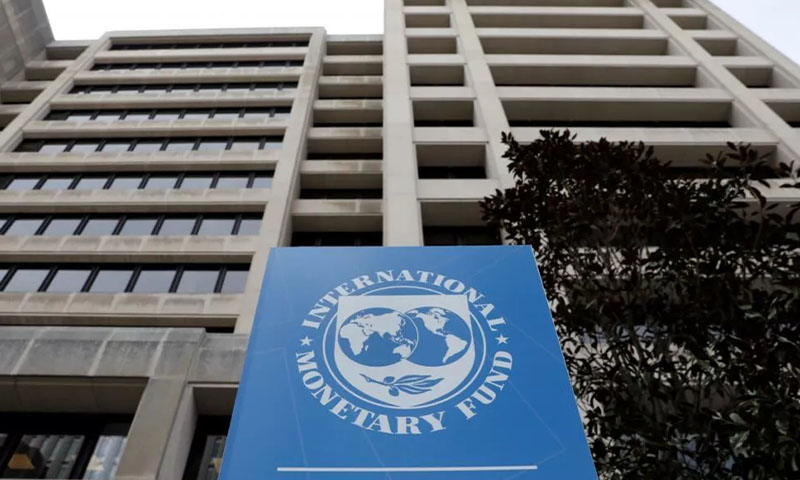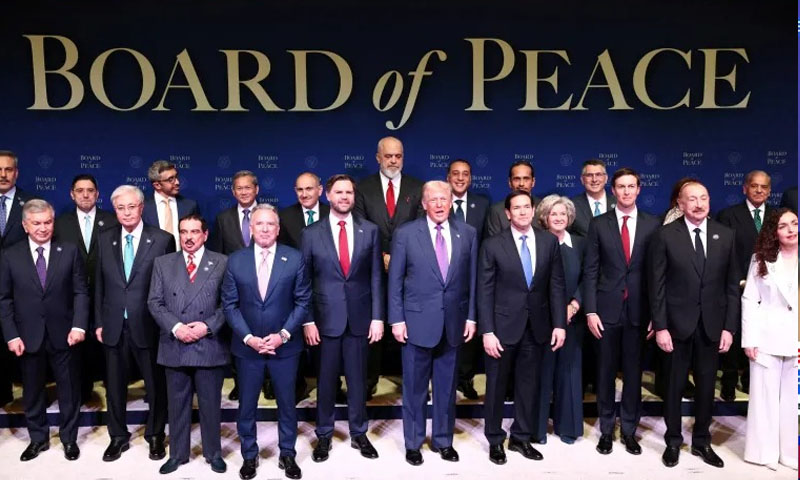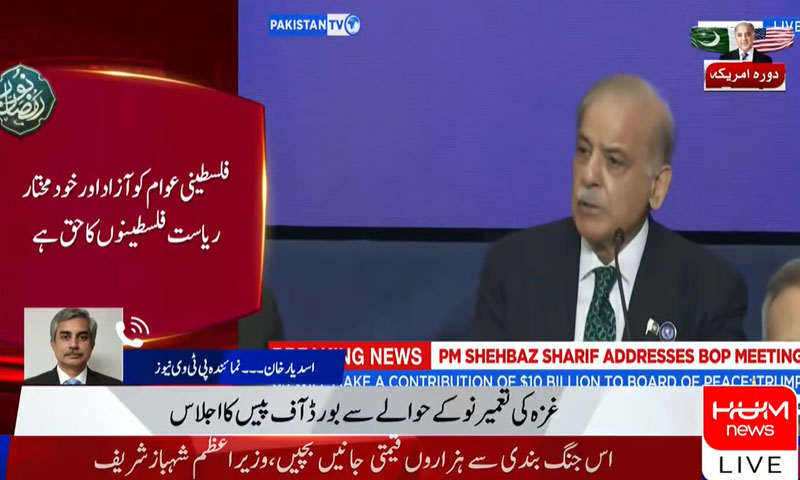- Web
- 8 Hours ago
Pakistan to act on gaps flagged in IMF report, says FinMin Aurangzeb
-

- Web Desk
- Nov 28, 2025

Pakistan will act on every issue pointed out in the latest International Monetary Fund report, Finance Minister Mohammad Aurangzeb said on Thursday, signalling the government’s intent to push governance and anti-corruption reforms as it seeks IMF board approval for fresh funding.
“These are points the IMF has marked for action. The plan is to fix them, and that’s what will happen,” Aurangzeb said, adding he expects progress to shape the way forward when the IMF board meets next month. He also expressed optimism about the ongoing programme, saying a deal is expected to reach approval soon.
Corruption risks cloud $1.2bn release
The IMF’s Governance and Corruption Diagnostic Assessment, released last week, warned that long-running corruption and weak institutions continue to slow Pakistan’s growth. According to the report, poor control of corruption over time has harmed tax collection, dented the value of public spending, and reduced trust in the legal and justice systems.
Publishing the report is a key condition before the IMF board can approve a $1.2 billion amount, expected next month, under the broader Rs7 billion loan programme Pakistan signed earlier this year.
Despite its sharp tone, the IMF acknowledged progress under the Extended Fund Facility, noting that policy steps have helped stabilise inflation and rebuild financial confidence.
Citizens pay, elites gain
The report painted a picture of the daily burden of corruption, saying many Pakistanis end up paying officials again and again to access basic services. It also flagged the role of privileged groups tied to state-owned or state-linked entities that steer policies in their favour, limit fair competition, and slow down wider economic benefits.
Courts clogged, justice delayed
The IMF also raised concerns about Pakistan’s courts, citing complex systems, outdated laws, case delays, and questions over the independence of judicial staff. The fund said companies hesitate to use courts to protect contracts or property rights due to slow outcomes and worries about institutional integrity, making investors cautious.
15-point roadmap to change
The IMF proposed an immediate 15-point reform plan, backed by longer-term legal and oversight changes. Key suggestions include ending contract privileges for big public organisations, shifting all government procurement online within 12 months, tightening parliamentary oversight of financial powers, and making fiscal data easier for experts and the public to access.
Finance ministry officials said work on digital procurement planning is already under way. Economists expect the IMF board meeting to act as a signal on whether reforms move forward or stall.
For now, the government’s message is that the IMF’s list is being turned into actions, step by step, with no room for delays.




